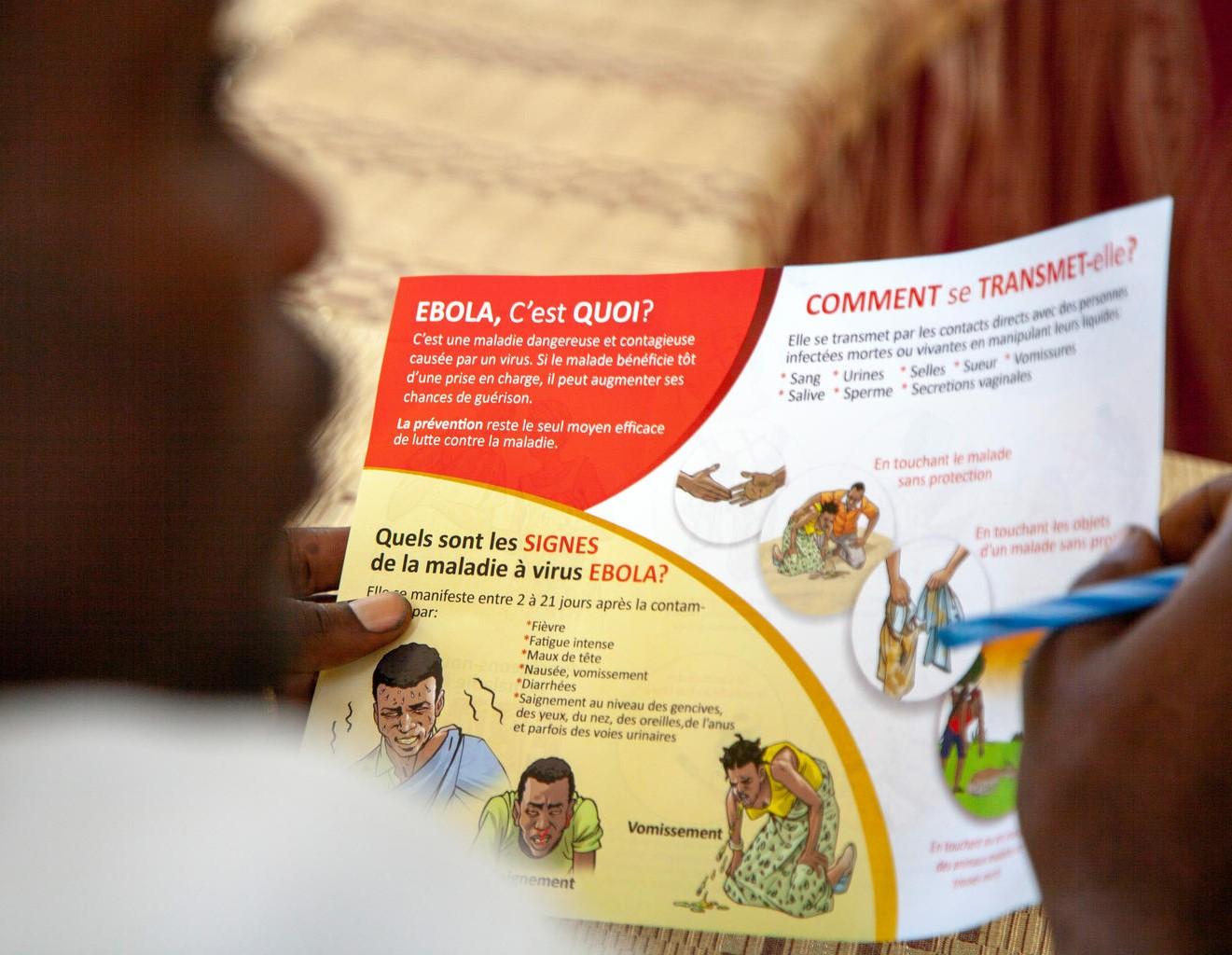Employing an effective vaccine, conducting extensive surveillance, and building community trust have all gone a long way in limiting the spread of Ebola in the Democratic Republic of the Congo (DRC). But 1 year after the first cases were identified in North Kivu and Ituri provinces, experts from the World Health Organization (WHO) said today at a press conference that the fight against the virus must continue.
WHO officials called the disease "relentless and devastating."
"This is not a milestone we ever wanted to mark," Matshidiso Moeti, MBBS, the WHO Regional Director for Africa said. "But this outbreak is one with unprecedented challenges." Moeti said one challenge has been ongoing violence: In 1 year, armed rebels and other have launched 198 attacks on healthcare workers and facilities.
A year of violence—a vaccine of hope
Moeti and Mike Ryan, MD, the WHO's executive director of emergency programs, fielded questions from reporters and give an update on the outbreak. Ryan shot down suggestions that the use of the vaccine had led to complacency among both Congolese and the international community, who assumed an easy fix in Merck's rVSV-ZEBOV, which has been used on more than 170,000 people since last August.
"The vaccine has led people in the DRC to have hope, rather than terror during this outbreak," said Ryan.
"The vaccine has helped," he said. "But if everyone who doesn't get vaccinated that needs to, then the overall effect of the vaccine is lessened."
Throughout the press conference, Ryan and Moeti both warned that without a continued investment in the DRC's public health infrastructure, Ebola will continue to spread. "The people of Congo have suffered too long; this is a call to look at health systems," Ryan said.
Second patient in Goma dies, exposure unknown
Today the WHO confirmed that a second case-patient in Goma has died from Ebola infection, and potentially exposed dozens of people in the weeks prior to his death.
"Goma is the DRC's gateway to the rest of the world," said Moetti. "The concern now in the second year of the outbreak is international spread."
Goma is on the Rwandan border, and home to an international airport. The city is considered the crossroads to the Eastern part of the DRC, with a population of around 2 million.
Moeti said Goma's second patient was a miner in his 40s who had wide-ranging contact with dozens of people, including his family, members of his church, and transportation drivers in recent weeks. More important, the WHO does not yet have specific information as to where the man contracted the virus.
Ryan said the man could have been exposed anywhere between Komanda and Goma in the last several weeks, as he traveled from a mining area in northeastern Ituri, where he worked, to Goma. He spent 5 days at home in Goma before being transferred to a hospital, and in the last few days, an Ebola treatment center.
"Establishing when he became sick will help us know his potential exposure," Ryan said, assuring that a thorough investigation is under way.
In June the disease was found in three case-patients who traveled between Uganda and the DRC. Ryan said there have been no further cases of Ebola among contacts of those patients, nor have there been any transmission chains identified from Goma's first patient—a pastor from Butembo who was diagnosed earlier this month.
'Relentless,' 'devastating' disease
According to the WHO's online dashboard, the outbreak total now stands at 2,698 cases, which means 11 new cases were identified today. A total of 1,811 people have died.
Today the WHO and the United Nations issued a joint statement on the anniversary of the outbreak.
"In the last year, there have been more than 2,600 confirmed cases, including more than 1,800 deaths in parts of Ituri and North Kivu provinces," the statement read.
"Almost one in three 'cases' is a child. Every single 'case' is someone who has gone through an unimaginable ordeal. More than 770 have survived. The disease is relentless and devastating."
See also:
WHO Ebola dashboard
Jul 31 WHO-UN statement



















